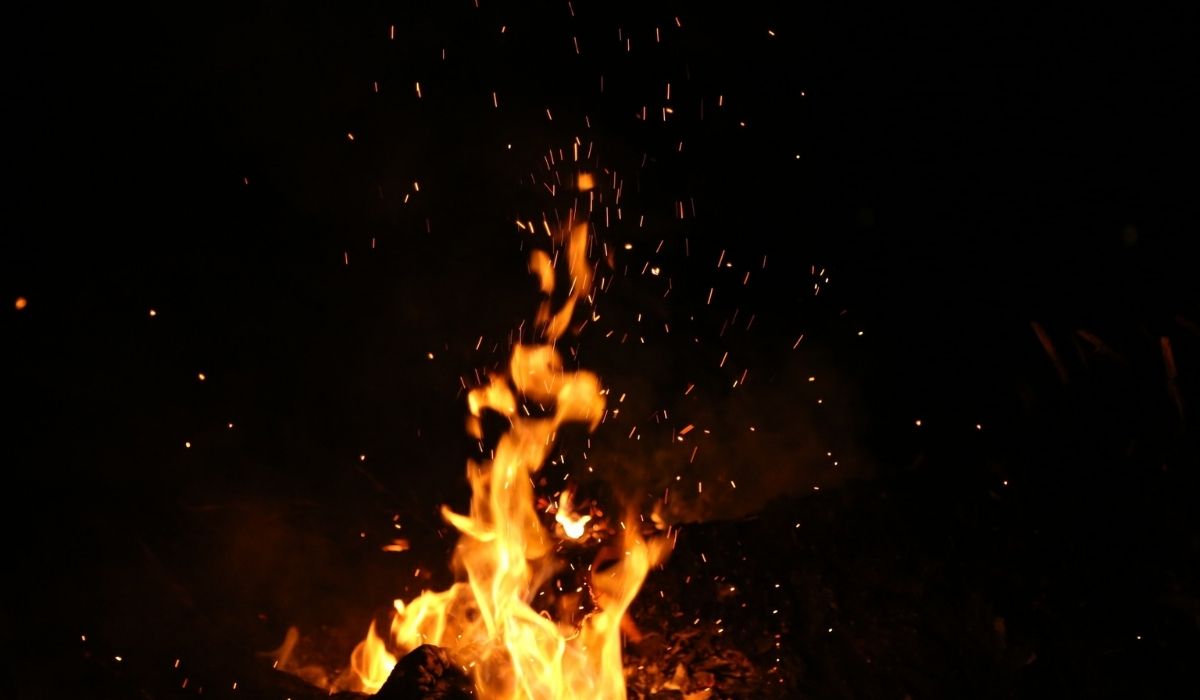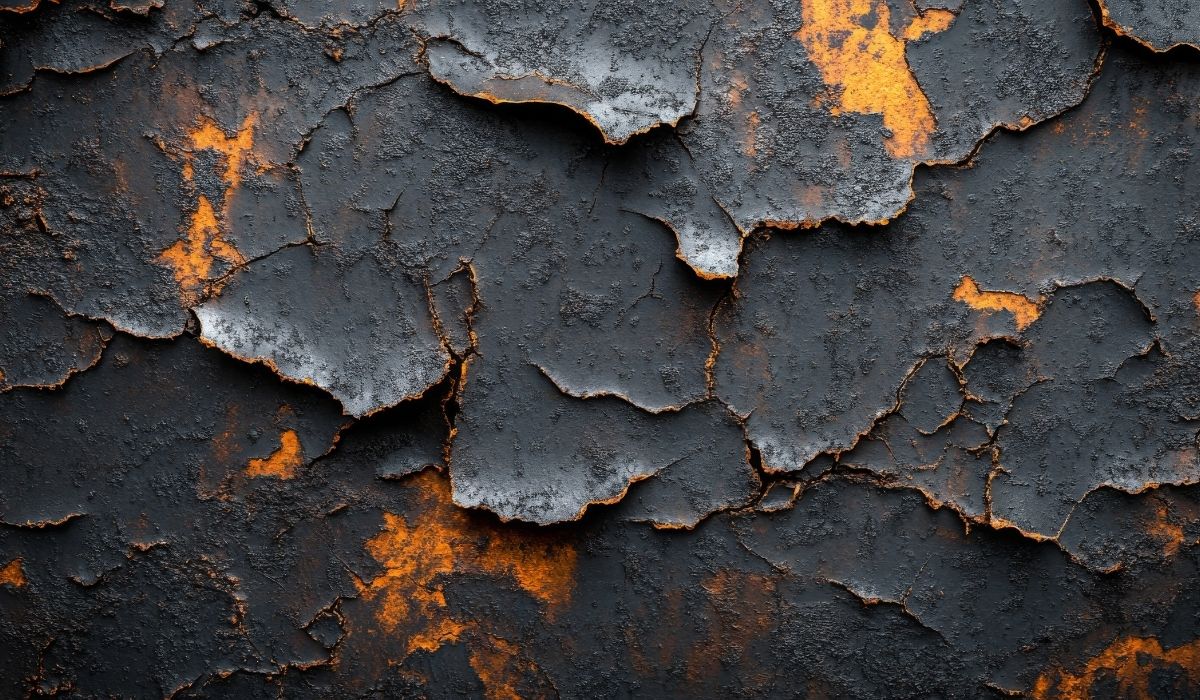Biggest Mistakes Homeowners Make After a Fire
A fire can change everything in an instant. When the flames are out, and the fire department leaves, homeowners often face tough choices. It’s easy to feel lost and unsure of what to do next. Unfortunately, many people make mistakes after a fire that slow recovery, increase costs, or even risk their health.
In this guide, we’ll explore the biggest mistakes homeowners make after a fire — and how to avoid them. You’ll also learn how working with fire damage restoration experts can help you recover faster and safer. Reviewed by Preferred Restoration.
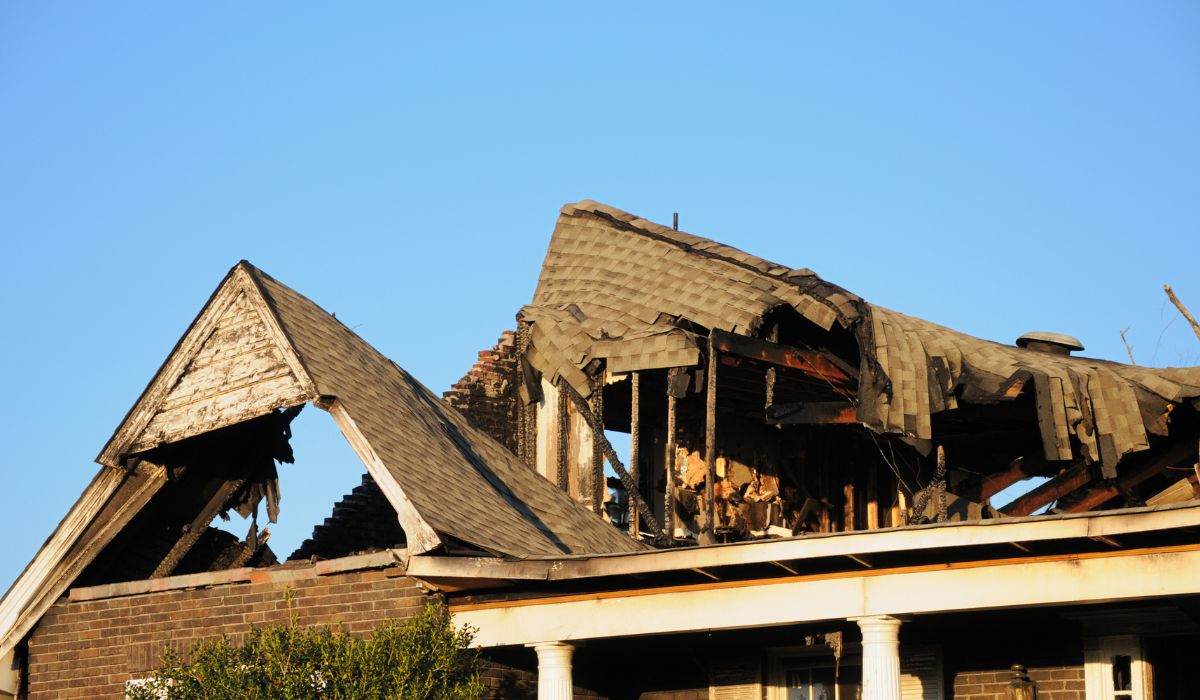
Understanding Fire Damage and Its Risks
After a fire, your home might look calm on the outside. But inside, there are hidden dangers — from soot and smoke to water damage and mold growth.
Even small fires can leave behind harmful particulates, lead, and odors that spread through the air and into walls, furniture, and fabrics.
Hidden Dangers After a Fire
- Smoke and soot contamination: Tiny particles can cause breathing problems like asthma and long-term health issues.
- Water and moisture: Used in firefighting, leftover water can cause mold, flood, and water damage.
- Structural risks: Heat may weaken the roof, walls, and beams.
- Burglary and theft: Empty homes after a fire are often targeted by criminals.
- Toxins: Firefighting chemicals and burned materials can release toxic fumes or lead contamination.
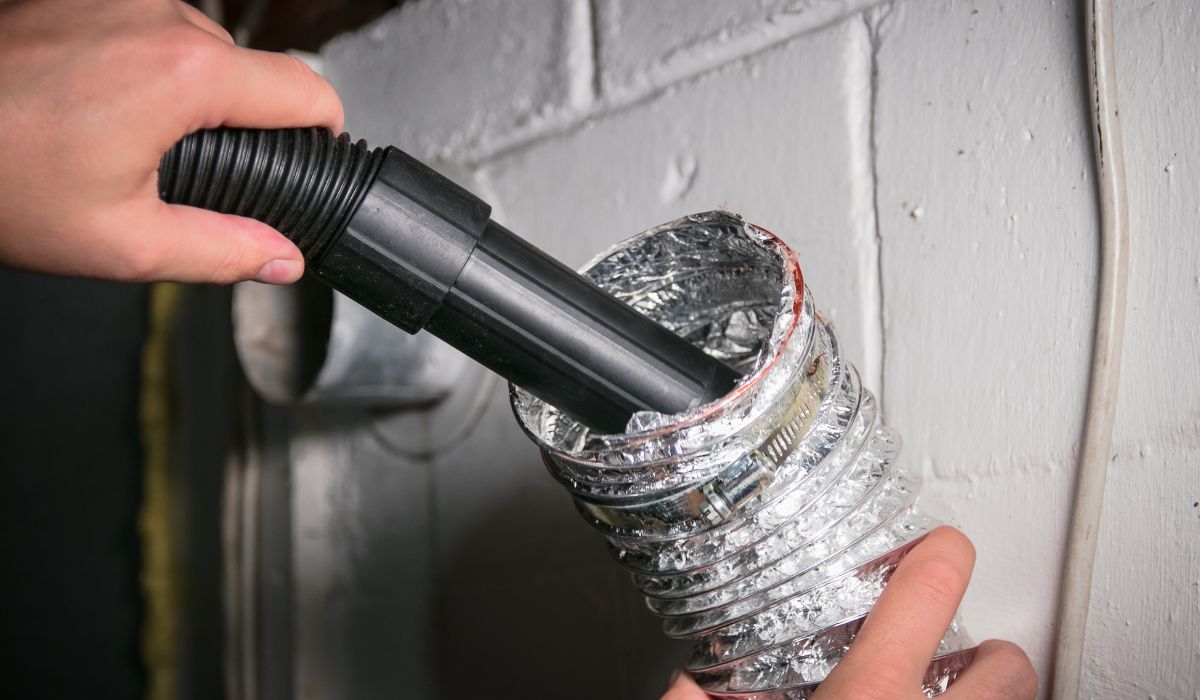
Mistake #1: Entering the Property Too Soon
It’s natural to want to inspect your home right away, but entering too soon can be dangerous.
Why It’s Risky
After a fire, your property may still have hidden hazards — unstable ceilings, sharp debris, or harmful smoke residue. The fire department should confirm when it’s safe to go inside.
Always wear personal protective equipment (PPE) like gloves, masks, and boots before entering. A HEPA filtration mask can protect against particulates and harmful odor compounds.
Expert Tip
Wait for an official inspection by professionals before reentering. Fire damage restoration experts use special equipment to test air and structure safety.
Mistake #2: Delaying Contact with Your Insurance Company
Time matters after a fire. One of the most common mistakes is waiting too long to contact your insurance company.
Why You Should Act Fast
Most home insurance policies require you to report fire damage quickly. Delays can make your insurance claim harder to process or even lead to denial.
Gather evidence — photos, videos, and lists of damaged items. Make sure your insurance policy is updated and that you understand your coverage limits for property damage, smoke damage, and water damage.
Expert Tip
Work with a public adjuster to help you file your claim correctly and get fair compensation for your damages.
Mistake #3: Throwing Away Damaged Items Too Early
It may be tempting to clean up right away, but don’t toss out damaged belongings too soon.
Why It’s a Problem
You’ll need to document every damage for your insurance claim. Throwing items away early removes evidence your insurance company may need.
Keep damaged items in a safe area until the adjuster or fire restoration expert finishes their inspection.
Expert Tip
Make a detailed inventory list with photos, serial numbers, and estimated values before disposing of anything.
Mistake #4: Ignoring Smoke and Soot Damage
Even if the flames didn’t reach every room, smoke damage and soot can spread everywhere. Ignoring these can cause long-term health and odor problems.
Why Smoke and Soot Are Dangerous
- Soot particulates can irritate the respiratory system and worsen asthma.
- Odors cling to fabrics, insulation, and drywall.
- Residue can stain walls and corrode electronics or plumbing.
Expert Tip
Only professionals should perform smoke damage cleanup using HEPA filtration, ozone machines, and advanced restoration services.
Mistake #5: Trying to Clean Everything Yourself
Cleaning after a fire is not a simple DIY project. Without the right equipment, you may spread contamination or cause more damage.
Why DIY Cleaning Is Risky
- Household cleaners can react with soot and make stains worse.
- Touching the wrong surface can spread hazardous particulates.
- You may miss hidden moisture, leading to mold or odor problems.
Expert Tip
Hire certified fire damage restoration professionals. They use industrial HEPA filters, air scrubbers, and safe cleaning agents to remove toxins and restore your property properly.
Mistake #6: Overlooking Water and Mold Damage
When firefighters extinguish flames, they use gallons of water, which can soak into floors and walls. This creates the perfect environment for mold and moisture buildup.
How Water Damage Happens After a Fire
- Water from hoses seeps into building materials.
- If not dried quickly, mold can start within 24–48 hours.
- The roof, attic, and insulation often trap moisture unseen.
Expert Tip
Hire a restoration company that offers both fire damage restoration and water damage restoration to prevent mold growth and further damage.
Mistake #7: Failing to Secure the Property
After a fire, your home may have broken windows, doors, or a damaged roof. Leaving it open can lead to burglary, theft, or even vandalism.
Why Securing the Site Matters
- Prevents unauthorized entry and property damage.
- Protects personal items and insurance evidence.
- Helps your insurance company avoid disputes about later damages.
Expert Tip
Ask your fire restoration company to board up openings and install temporary security fencing until repairs are complete.
Mistake #8: Not Getting Professional Restoration Help
Many homeowners try to handle recovery on their own, but fire restoration requires expertise and equipment most people don’t have.
Why You Need Professional Help
Restoration services use advanced methods to remove odor, dry moisture, and clean contamination safely. Experts can also detect structural risks and hidden mold with thermal cameras.
They also help communicate with your insurance company, manage your claim, and speed up recovery.
Expert Tip
Look for certified fire damage restoration experts with experience in both smoke and water damage restoration.
Mistake #9: Forgetting About Fire Safety for the Future
Once your home is restored, don’t forget to prepare for the future. Many homeowners skip this step — but learning from the past helps prevent another tragedy.
Smart Fire Safety Steps
- Install smoke detectors and check batteries monthly.
- Test your fire sprinkler system and alarms.
- Create an emergency plan for your family.
- Review your insurance policy every year.
- Keep a list of emergency contacts and a fire-safe lockbox for important documents.
Expert Tip
Ask your restoration company for fire prevention tips and home inspection recommendations to reduce future risks.
Mistake #10: Not Addressing Odor and Air Quality
Even after cleaning, odor and air quality can remain a serious issue. Breathing in leftover smoke particulates can trigger asthma, headaches, and fatigue.
Why Air Filtration Matters
HEPA filtration systems and air scrubbers remove fine particulates from the air. Without them, you could be breathing in toxins left over from smoke and firefighting chemicals.
Expert Tip
Use professional odor removal methods such as ozone treatment, vapor deodorization, and thermal fogging.
Mistake #11: Skipping Professional Inspections
Skipping a post-fire inspection is another big mistake. Many damages aren’t visible to the naked eye.
What Inspections Should Cover
- Structural stability: walls, beams, floors, and roof
- Electrical systems: fire may melt wiring insulation
- Plumbing leaks: from heat or water damage
- HVAC contamination: from soot and smoke particulates
Expert Tip
Schedule an inspection with certified restoration services and your insurance company before moving back in.
Mistake #12: Not Keeping Communication Open
Clear communication with your insurance company, public adjuster, and restoration experts keeps the recovery process smooth. Misunderstandings can delay your claim or lead to missed details.
Expert Tip
Keep notes, take pictures, and save emails and texts. This record helps you stay organized and prove your case if questions arise later.
Mistake #13: Ignoring Mental and Emotional Health
Recovering from a fire isn’t only about rebuilding walls. It’s also about emotional healing. Many homeowners feel stress, fear, or sadness after a natural disaster.
Expert Tip
Reach out for help. Support groups, therapy, and community resources can make recovery easier for your family.
Mistake #14: Not Understanding the Claim Process
If you’ve never filed an insurance claim before, it can feel overwhelming. Missing forms or deadlines can delay your recovery.
How to Handle Insurance Claims Right
- Call your insurance company immediately after the fire.
- Document everything — photos, videos, and receipts.
- Work with a public adjuster if needed.
- Track communication and confirm all steps in writing.
- Continue following up until your claim is complete.
How to Choose the Right Fire Damage Restoration Company
When hiring restoration services, look for companies that:
- Are certified in fire damage restoration and water damage restoration.
- Offer 24/7 emergency response.
- Use professional HEPA filtration, drying, and odor removal equipment.
- Communicate clearly with your insurance company.
- Have strong reviews and local fire department recommendations.
The Importance of Acting Quickly
Every hour counts after a fire. Moisture, mold, and soot worsen the longer you wait. By avoiding these common mistakes, you can save money, protect your health, and restore your property faster.
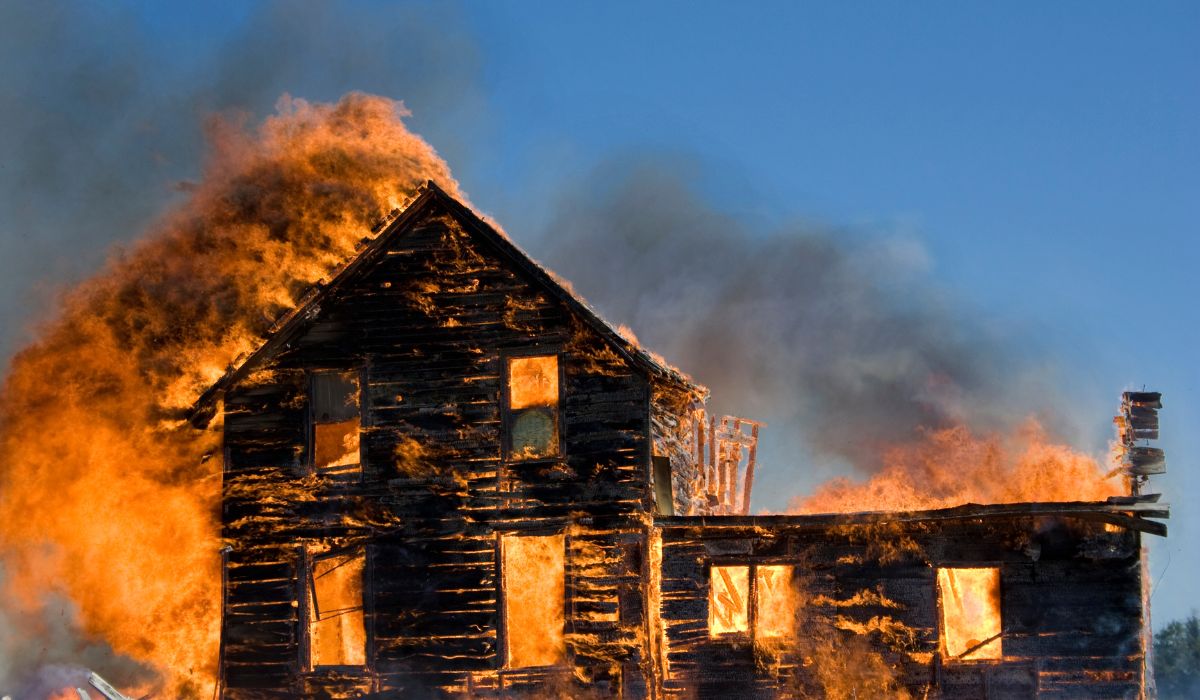
FAQs About Fire Damage Recovery
1. What should I do first after a house fire?
First, ensure everyone is safe and call the fire department. Next, contact your insurance company and hire a certified fire damage restoration company to inspect your property.
2. How long does fire damage restoration take?
It depends on the extent of damage. Small fires may take a few days to clean, while large property damage can take weeks. Professionals can give you a clear timeline after their inspection.
3. Can I stay in my house after a fire?
It’s not safe until professionals confirm the air and structure are clean and stable. Smoke, soot, and moisture can make the home unsafe for your health.
4. Will insurance cover smoke and water damage?
Most home insurance policies include coverage for smoke damage, fire damage, and water damage from firefighting. Always review your insurance policy or ask a public adjuster for help.
5. How can I prevent future fire damage?
Install smoke detectors, keep a working fire extinguisher, and schedule annual inspections. Review your policy and consider business interruption or wildfire coverage if you live in a high-risk area.
Final Thoughts
Recovering from a fire is never easy, but avoiding these mistakes can make the process smoother and safer. Work closely with your insurance company, stay in touch with experts, and focus on restoring not just your property, but your peace of mind.
For fast, reliable fire damage restoration services, trust certified professionals who understand the risks, use proper HEPA filtration, and handle everything — from smoke damage cleanup to odor removal — the right way. Contact us today or call your local emergency number.


